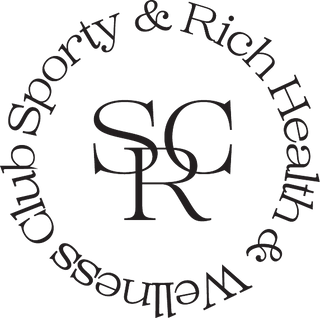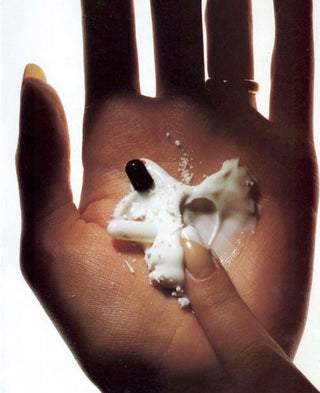
By Jayne O’Dwyer
The term “organic” is seemingly slapped onto products nowadays with a monetary markup: organic produce, organic beauty, organic clothing. Menstrual products are now receiving the same treatment, which begs the question: what’s in a regular, “non-organic” tampon in the first place?
An organic tampon is made with 100% pure cotton. This cotton is grown without pesticides or insecticides. An organic tampon is also free of chemical dyes and/or fragrances that could potentially irritate the vagina. Often, the applicator is earth-friendly - brands such as Natracare and Seventh Generation use biodegradable cardboard, while the Honest Company tampons have applicators made from polymer derived from plants.
So what makes up a “non-organic” tampon? Since 1976, tampons have been regulated under the FDA as a Class-II medical device (they used to be classified under “cosmetics”). Regular tampons may contain cotton, rayon, or a blend of both. Cotton that is not certified organic may be grown with pesticides and/or insecticides, and rayon is derived from fibers from wood pulp. A regular tampon may also have fragrance, chemicals, and and/or dyes. Before the 1990s, the rayon used in tampons was chlorine bleached; however, the EPA published research linking dioxin - a pollutant released during the chlorine bleaching process of rayon - to cancer. Since then, the FDA has required that a “non-chlorine, dioxin-free bleaching process” be used to bleach rayon, and tampons are lab tested to see if dioxin is present in the material before being packaged and shipped.
While many advancements have been made to how tampons are regulated, we still don’t know exactly what is in them. Although regular tampons are regulated by the FDA, and therefore the materials and synthetics in the product are deemed unharmful, companies are not required to list all the materials on the box for consumers. Materials may be listed for FDA clearance, yet the consumer must go to a brand’s website to find out what is in their tampons (not all companies may list the materials on their website). For women who experience ongoing vaginal irritation and are hypersensitive to chemicals, the chemicals could be a potential source of irritation.
Now to address the menstrual boogeyman: Toxic Shock Syndrome (TSS). According to the Mayo Clinic, toxic shock is a rare but potentially fatal disease caused by a bacterial toxin. While the syndrome was first identified in the late 1970s after a group of children became ill with it, TSS gained notoriety in the early 1980s when “cases [of toxic shock syndrome] were reported among women who used superabsorbent tampons during their menstrual periods.”
To be clear, toxic shock syndrome can affect anyone, yet about half the cases of TSS occur in women of menstruating age. What to be mindful of when using tampons in regard to TSS is not the type of tampon but rather the level of absorbency. In 1982, the FDA required that all tampon labels advise women to use the lowest absorbency needed to control their flow and include warnings about TSS. Absorbency levels were then standardized across companies. Now, the National Organization for Rare Disorders reports the rate of occurrence for TSS related to tampon use is 1 per every 100,000 menstruating women.
Organic tampons may not lessen your chances of TSS, yet they offer other upsides. For women who are particularly sensitive to fragrance and dyes, a 100% cotton option takes the guesswork out of what is going in your body. Organic tampons are also more environmentally friendly - certain applicators are biodegradable, and it is safe to compost 100% cotton tampons (menstrual blood is not biohazardous like the blood that runs through veins according to research from UNC Asheville).
Furthermore, you can support female-founded, socially-minded companies. For every purchase of their products, Cora donates period products and funds health education for girls in need. LOLA is fighting to end the discriminatory “tampon tax” and donates period products to women in need across the U.S. Have your period and peace of mind when using organic tampons, and support that peace of mind for other women too.















